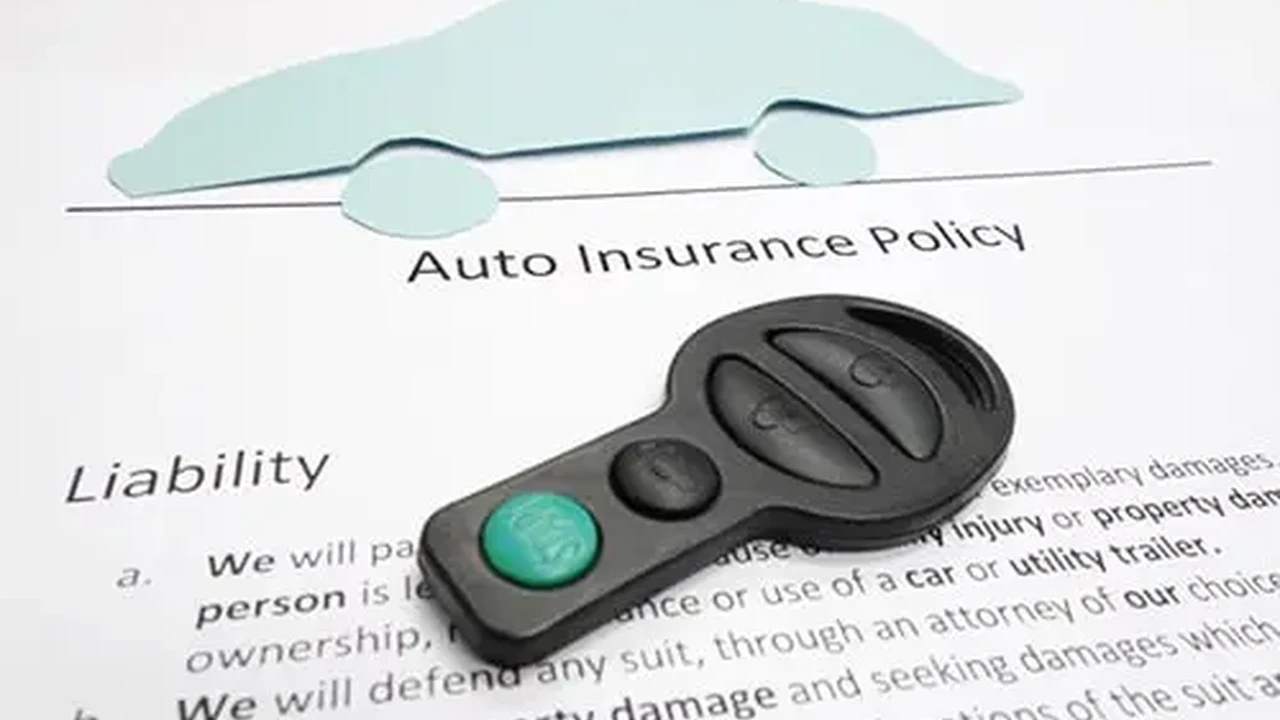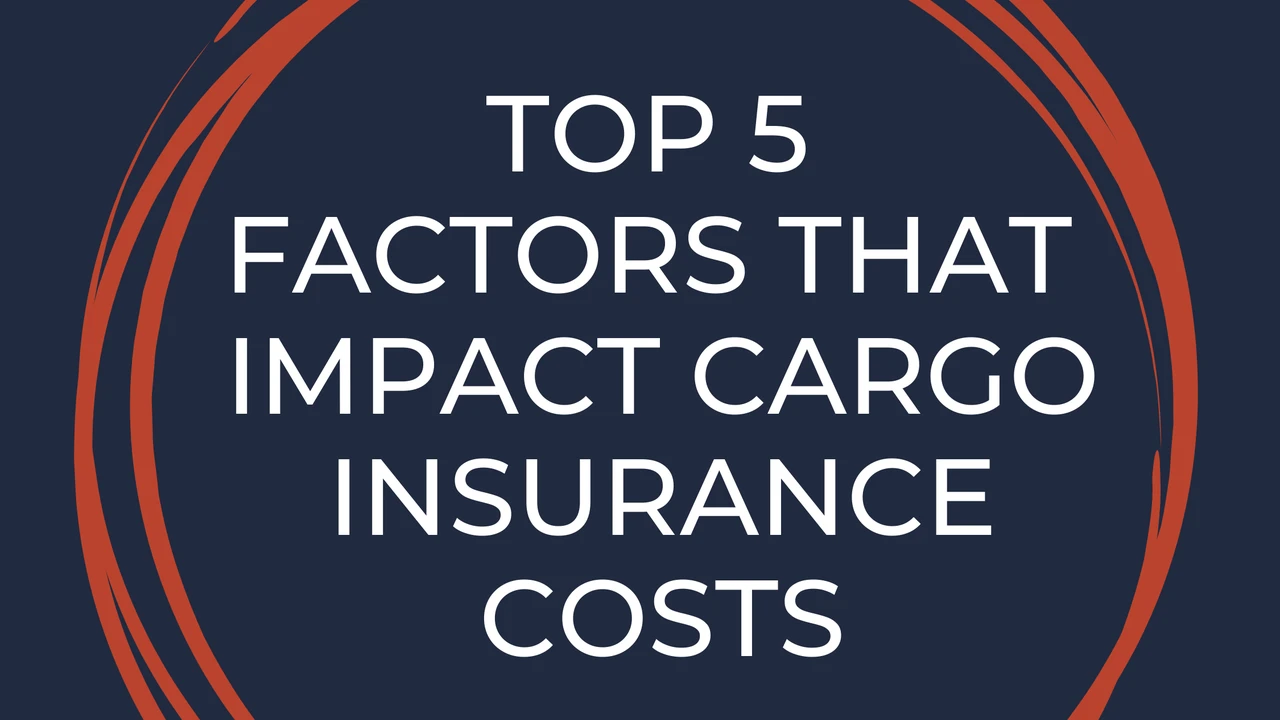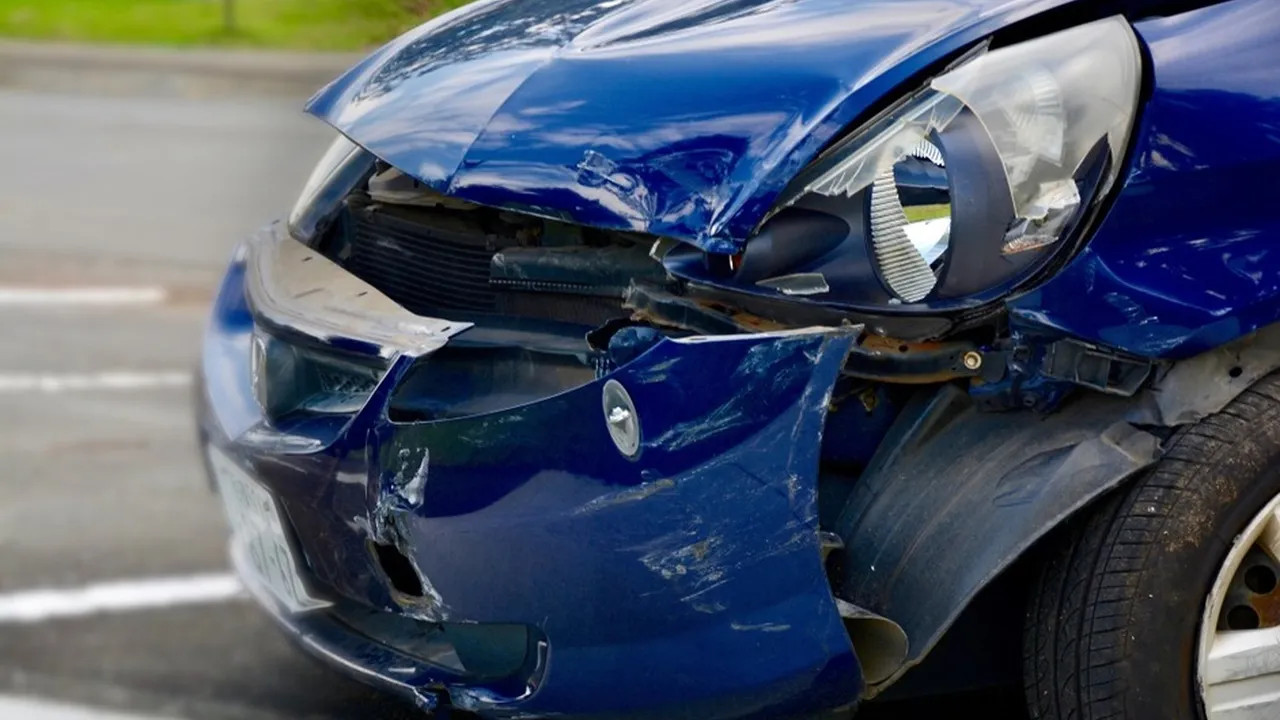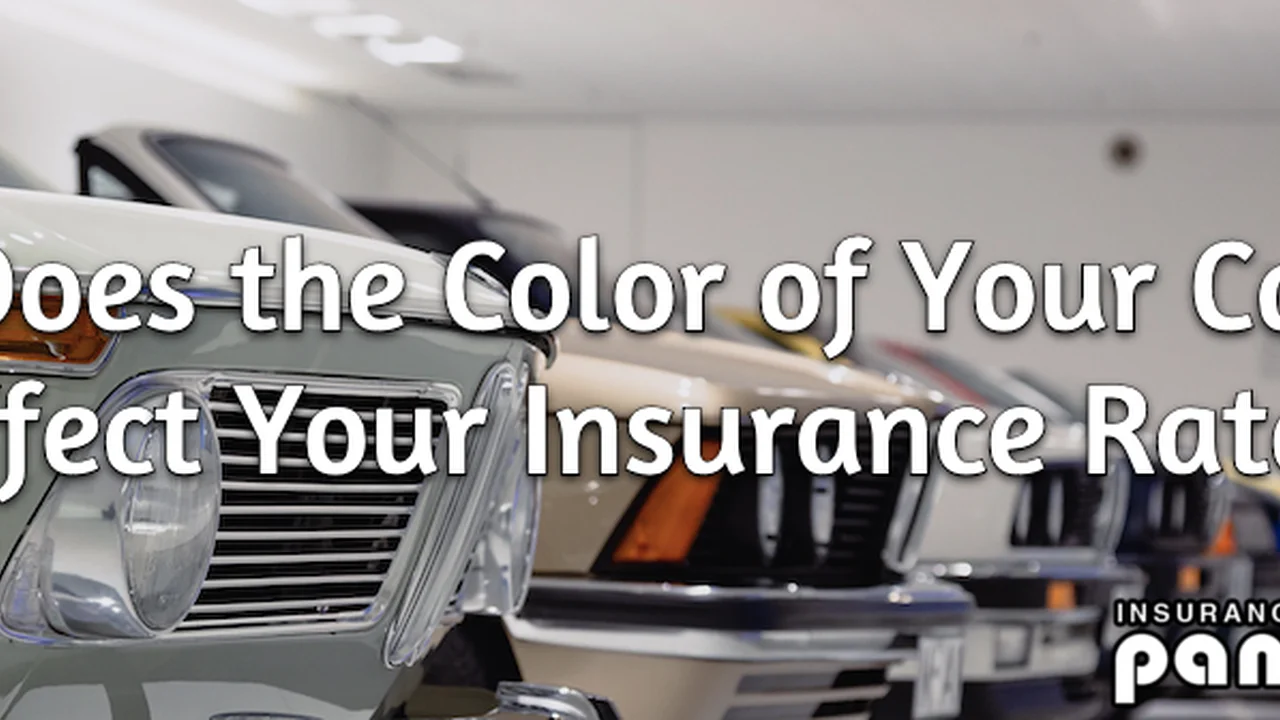Can Your Car Insurance Be Canceled? Know Your Rights

Understanding Car Insurance Cancellation Policies Your Rights as a Driver
Hey there, fellow drivers! Ever feel that knot of anxiety when you think about your car insurance? We all do. It's one of those necessary evils, right? But what happens when that safety net feels like it's about to be pulled out from under you? Yep, we're talking about car insurance cancellation. It's a scary thought, but knowledge is power. So, let's dive into the nitty-gritty of when and why your car insurance can be canceled, and more importantly, what you can do about it. We'll also throw in some product recommendations to keep you cruising smoothly.
Reasons Your Car Insurance Might Get the Boot Cancellation Causes
Okay, so why would an insurance company decide to drop you? It’s not usually a random act of insurance cruelty. Here are some common culprits:
- Non-Payment of Premium: This is the biggie. Missed a payment or two? Expect a cancellation notice. Insurance companies are businesses, after all, and they need that sweet, sweet premium to keep the lights on (and pay out claims).
- License Suspension or Revocation: Can't drive legally? Then you probably can't be insured. Makes sense, right?
- False Information on Your Application: Lied about your driving record or where you park your car? That's a no-no. Insurance companies don't like being misled. It's considered insurance fraud.
- Too Many Accidents or Tickets: A string of fender-benders or speeding tickets can make you a high-risk driver. Insurers might decide you're too much of a liability.
- Fraudulent Claims: Attempting to file a false claim? Huge red flag. This can lead to immediate cancellation and potentially legal trouble.
- Material Misrepresentation: Similar to false information, this involves misrepresenting facts that significantly impact the insurance company's risk assessment. For example, claiming your car is garaged when it's parked on a busy street could be considered material misrepresentation.
- Change in Risk Profile: Sometimes, even without your direct actions, your risk profile might change. For example, if you move to an area with a significantly higher crime rate (and thus a higher risk of car theft or vandalism), your insurance company might reassess your policy and potentially cancel it.
The Cancellation Notice What to Expect When the Axe Falls
If your insurer is planning to cancel your policy, they usually have to give you a heads-up. This is typically a written notice sent by mail, and it must include:
- The Reason for Cancellation: They have to tell you why they're dropping you. No guessing games here.
- The Effective Date of Cancellation: This is the date your policy will officially end.
- Your Rights: They should inform you of your rights to appeal the cancellation or seek a review.
The specific timeframe for the notice varies by state, but it's often 10-30 days before the cancellation takes effect. Pay close attention to this notice! Don't ignore it.
Fighting Back Appealing a Car Insurance Cancellation
Think the cancellation is unfair? You might have options. Here's how to potentially fight back:
- Contact Your Insurance Company: Start by talking to them directly. Explain your situation and see if you can work things out. Maybe it was a misunderstanding, or perhaps you can negotiate a solution.
- File a Complaint with Your State Insurance Department: If you believe the cancellation violates state laws or regulations, you can file a complaint with your state's insurance department. They can investigate and potentially force the insurer to reinstate your policy.
- Seek Legal Advice: If the situation is complex or you believe you've been wrongfully canceled, consult with an attorney specializing in insurance law.
Finding New Car Insurance After Cancellation Coverage Options and Tips
Okay, so the cancellation stuck. Now what? Don't panic! You need to get insured ASAP. Here's how:
- Shop Around: Get quotes from multiple insurance companies. Don't settle for the first offer. Comparison is key.
- Consider a Non-Standard Insurance Company: These companies specialize in insuring high-risk drivers. They might be more expensive, but they can provide coverage when others won't.
- Explore State-Sponsored Programs: Some states have programs to help drivers with poor driving records get insurance.
- Improve Your Driving Record: Take a defensive driving course to remove points from your license or demonstrate a commitment to safe driving.
- Increase Your Deductible: A higher deductible means lower premiums, but you'll pay more out-of-pocket if you have an accident.
Car Insurance Product Recommendations and Comparisons Driving Safely and Affordably
Alright, let's talk products. Finding the right car insurance can feel overwhelming, but here are a few recommendations based on different needs and scenarios:
For Budget-Conscious Drivers:
- Brand: Geico
Product: Basic Liability Coverage.
Description: Geico is known for its competitive rates, especially for basic liability coverage, which meets the minimum requirements in most states. This is a good option if you're primarily concerned with fulfilling legal obligations and protecting yourself from financial liability in case of an accident.
Usage Scenario: Ideal for drivers with clean driving records and older, less valuable vehicles.
Price: Starts around $30/month depending on location and driving history.
- Brand: Progressive
Product: Snapshot Program.
Description: Progressive's Snapshot program tracks your driving habits and offers discounts based on safe driving behavior. If you're a careful driver, this could significantly reduce your premiums.
Usage Scenario: Suitable for drivers who are confident in their safe driving skills and willing to have their driving monitored.
Price: Potential discounts can range from 5% to 30%.
For Drivers with a Less-Than-Perfect Record:
- Brand: The General
Product: Standard Auto Insurance.
Description: The General specializes in providing insurance to drivers with a history of accidents, tickets, or DUI convictions. While their rates may be higher than standard insurers, they offer a viable option for those who might otherwise struggle to find coverage.
Usage Scenario: Best for drivers who have been declined coverage by other insurers due to their driving record.
Price: Varies significantly based on driving record, but expect to pay more than with a standard insurer.
- Brand: Direct Auto Insurance
Product: Non-Standard Auto Insurance.
Description: Similar to The General, Direct Auto Insurance caters to high-risk drivers and offers flexible payment options.
Usage Scenario: A good alternative to The General for drivers seeking coverage with a less-than-perfect record.
Price: Similar to The General, prices are higher than standard insurers and vary based on individual circumstances.
For Comprehensive Coverage and Peace of Mind:
- Brand: State Farm
Product: Comprehensive Auto Insurance.
Description: State Farm is a reputable insurer known for its excellent customer service and comprehensive coverage options. They offer a range of policies that go beyond basic liability, including collision, comprehensive, and uninsured/underinsured motorist coverage.
Usage Scenario: Ideal for drivers who want maximum protection for their vehicle and peace of mind.
Price: Typically more expensive than basic coverage, but offers broader protection. Prices vary based on coverage levels and individual circumstances.
- Brand: Allstate
Product: Drivewise Program & Comprehensive Coverage.
Description: Allstate offers comprehensive coverage options and the Drivewise program, which rewards safe driving habits with discounts. Similar to Progressive's Snapshot, Drivewise monitors your driving behavior and adjusts your premiums accordingly.
Usage Scenario: Suitable for drivers who want comprehensive coverage and are willing to participate in a safe driving program.
Price: Similar to State Farm, prices are higher than basic coverage but offer broader protection. Discounts are available through the Drivewise program.
Product Comparison Table:
| Brand | Product | Coverage Type | Price (Estimated) | Best For |
|---|---|---|---|---|
| Geico | Basic Liability | Liability Only | $30+/month | Budget-conscious drivers with clean records |
| Progressive | Snapshot | Various (Discounts on all types) | Varies (5-30% discount) | Safe drivers willing to be monitored |
| The General | Standard Auto Insurance | Various | Higher than standard insurers | High-risk drivers |
| State Farm | Comprehensive Auto Insurance | Comprehensive | Higher than basic coverage | Drivers seeking maximum protection |
| Allstate | Drivewise & Comprehensive | Comprehensive | Higher than basic coverage (with potential discounts) | Drivers seeking comprehensive coverage and discounts for safe driving |
Understanding Policy Lapses and Their Consequences Insurance Coverage Gaps
A lapse in car insurance coverage can be a serious problem. Even a short gap can lead to:
- Higher Premiums: Insurers see gaps as a sign of higher risk.
- Difficulty Finding Coverage: Some insurers might refuse to cover you if you've had a recent lapse.
- Legal Penalties: Driving without insurance is illegal in most states and can result in fines, license suspension, or even jail time.
- Financial Risk: If you're involved in an accident while uninsured, you'll be responsible for all the damages and injuries.
To avoid a lapse, always renew your policy before it expires, even if you're planning to switch insurers. If you're selling your car or moving to a new state, contact your insurance company to cancel your policy properly and avoid any penalties.
Tips for Maintaining Continuous Car Insurance Coverage Avoiding Cancellation and Lapses
Here are some practical tips to help you maintain continuous car insurance coverage and avoid cancellation:
- Set Up Automatic Payments: This ensures your premiums are paid on time, every time.
- Review Your Policy Regularly: Make sure your coverage levels are adequate and that your information is accurate.
- Update Your Contact Information: Keep your address and phone number current so you don't miss important notices from your insurer.
- Shop Around for Better Rates: Even if you're happy with your current insurer, it's always a good idea to compare rates periodically to ensure you're getting the best deal.
- Drive Safely: Avoiding accidents and tickets is the best way to keep your insurance rates low and prevent cancellation.
Understanding State Laws Regarding Car Insurance Cancellation Legal Requirements
Car insurance laws vary by state. Some states have stricter regulations regarding cancellation than others. It's crucial to understand the laws in your state to protect your rights. For example, some states require insurers to provide a longer notice period before canceling a policy, while others have specific rules about when an insurer can cancel a policy mid-term.
Check your state's insurance department website for detailed information about car insurance laws and regulations.
Frequently Asked Questions About Car Insurance Cancellation Common Concerns Addressed
Let's tackle some frequently asked questions about car insurance cancellation:
- Q: Can my insurance company cancel my policy for no reason?
A: No, insurance companies typically need a valid reason to cancel your policy, such as non-payment, a suspended license, or fraudulent activity.
- Q: How long does it take for a cancellation to take effect?
A: The timeframe varies by state, but it's usually 10-30 days after the cancellation notice is sent.
- Q: Will a cancellation affect my credit score?
A: A cancellation itself won't directly affect your credit score, but if you owe the insurance company money, that debt could be reported to credit bureaus.
- Q: Can I get my money back if my policy is canceled mid-term?
A: You're typically entitled to a refund of any unearned premiums if your policy is canceled before the end of the term.
The Importance of Maintaining Continuous Coverage Protecting Yourself on the Road
In conclusion, while the threat of car insurance cancellation can be unsettling, understanding your rights and options is crucial. By staying informed, driving safely, and maintaining continuous coverage, you can protect yourself financially and legally on the road. Don't let a cancellation catch you off guard – be proactive and take control of your insurance situation!
:max_bytes(150000):strip_icc()/277019-baked-pork-chops-with-cream-of-mushroom-soup-DDMFS-beauty-4x3-BG-7505-5762b731cf30447d9cbbbbbf387beafa.jpg)






